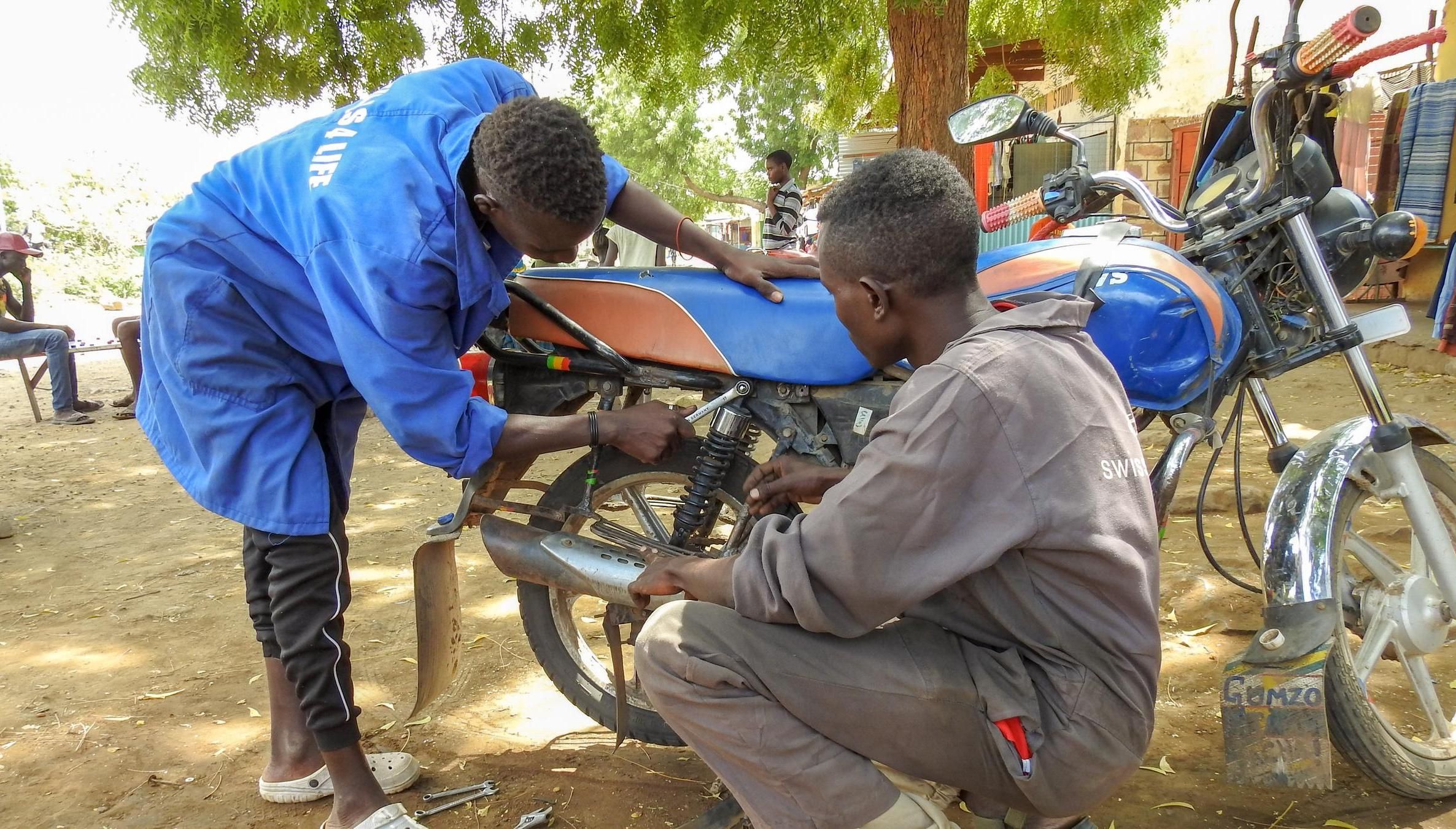Focus Areas
The Bank’s overriding objective is to promote social and economic development of the Member States through:
- Financing of projects in all productive sectors of the Member States’ economies
- Supplementing the activities of National Development Agencies of the Member States by joint financing operations, technical assistance and use of such agencies as channels for financing specific projects
- Supporting both public and private sector projects that are professionally run, technically feasible and financially viable in all the productive sectors of the Member States’ economies.
To enhance its regional development objective, EADB places emphasis on:
- Projects that have regional orientation (Cross-border projects)
- Projects with a comparative advantage in the utilisation of local raw materials in the production of goods for local consumption in the region or for export
- Projects that utilise resources common to the Member States

Climate Change
Climate change is now recognised as one of the biggest challenges to socio-economic development. The attendant changes in weather patterns and unpredictable floods and droughts pose a challenge to planning for the member states of the Bank. Indeed, all East African Countries are dependent on climate-sensitive economic sectors, such as agriculture, for output and income …
Learn More
Food Security
The population of East Africa is estimated to around 140 million and growing at an average of 2.5% per annum. This relatively high growth rate coupled with increasing urbanization is straining the available resources for productive agriculture and especially resources to meet the aggregate food requirements at the household level. Households need to be enabled …
Learn More
Infrastructure
The East African region is faced with significant infrastructure challenges which create supply side problems to trade in the region. The poor road and rail networks create significant operational problems to the movement of people and goods while congested and inefficient regional ports unnecessarily make East Africa an expensive destination for doing business. …
Learn More
Regional Integration
The people of the East African Community (EAC) have for centuries recognised that economic integration can lead to long term economic and social gains through increased trade and / or cultural exchanges. The drive to regional integration faces a number of challenges including inadequate and poor regional infrastructure, disparate legal/regulatory frameworks, national strategic priorities that …
Learn More
Skills Development
Lack of or inadequate education and training denies people opportunities for self-advancement by limiting their access to gainful employment or keeping them in low-productivity and low paying jobs. Ultimately this excludes such persons from making a meaningful contribution to economic growth. Good quality education and training have thus been recognized as important ways of breaking …
Learn More